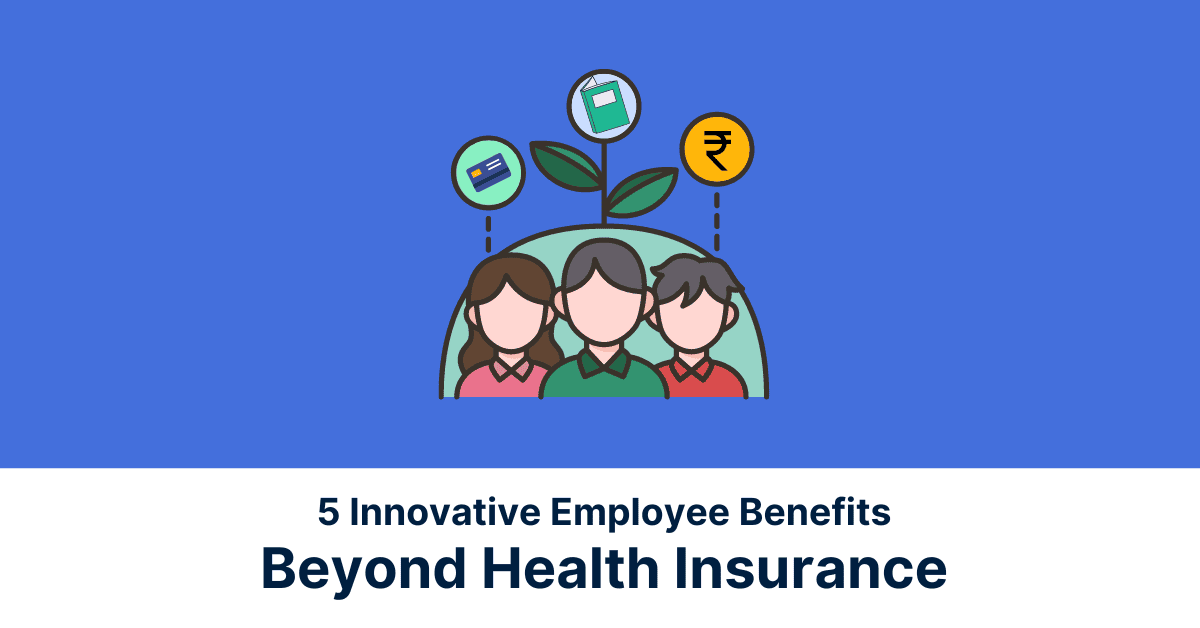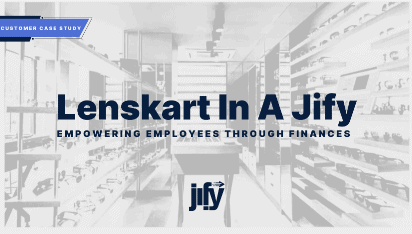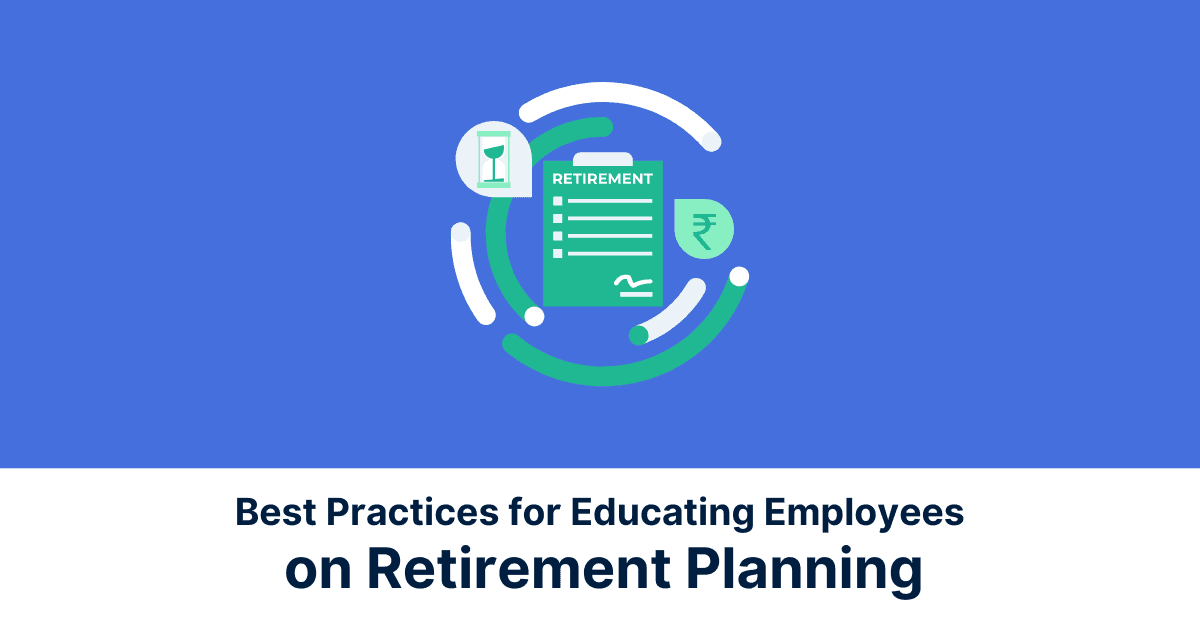It’s instinctive to protect your loved ones. The same instinct can be extended to protect their financial future, too. Modern life insurance offers both financial security for your family and peace of mind for you.
5 Key Reasons to Integrate Life Insurance in Financial Planning
Life throws curveballs, and protecting your loved ones during those unexpected moments becomes paramount. Here’s why life insurance should be a cornerstone of your financial plan:
1) The Unwavering Guardian:
Imagine the financial strain on your family if your income vanished unexpectedly. Life insurance acts as a guaranteed safety net, providing a substantial lump sum payout to your beneficiaries. This crucial support helps them maintain their lifestyle, manage essential expenses like housing and healthcare, and even plan for future milestones like education.
2) Replacing the Irreplaceable:
Your income plays a vital role in keeping the household afloat. With life insurance, you can bridge the financial gap created by your absence. This ensures your family can:
- Pay off the mortgage: Eliminating the burden of a hefty monthly payment allows your family to stay secure in their home.
- Cover ongoing expenses: Day-to-day needs like childcare, healthcare, and utilities are taken care of, providing some much-needed breathing room during a difficult time.
- Fund future aspirations: College tuition or other long-term goals won’t have to be put on hold. Your policy can contribute to their educational pursuits or other dreams.
- Eliminate debt: Outstanding debts can be a significant weight to bear. Life insurance can help settle them, providing your loved ones with a fresh financial start.
- Preserve a legacy: If you own a family business, life insurance can safeguard its stability. Funds can be used to ensure its smooth continuation or facilitate a successful transition plan.
3) Scope to Build Cash Value:
Some plans, like whole life insurance, accumulate cash value over time. This acts as an additional tax-deferred savings pool. You can access these funds through loans or withdrawals, potentially aiding with retirement planning, unforeseen emergencies, or even supplementing your income.
4) Customization for Your Needs:
Life insurance isn’t a one-size-fits-all solution. Optional riders allow you to tailor the policy to your specific situation. For a nominal additional cost, you can:
- Safeguard your income: Disability riders help cover premium payments if you’re unable to work due to illness or injury.
- Combat chronic illness: Riders may enable you to utilize a portion of the death benefit to manage chronic health conditions.
- Protect your children: Provide your children with their coverage through child riders, ensuring their financial security from a young age.
5) Tax-Exempt Benefit:
The maturity amount received from a life insurance policy is generally tax-exempt under Section 10(10D) of the Income Tax Act. This means that the entire amount received at the end of the policy term, including the sum assured and bonuses, is exempt from income tax. Hence,the payout from a life insurance policy generally comes as a tax-free benefit for your beneficiaries. This ensures they receive the full benefit intended to support them financially.
Types of Life Insurance Policies in India:
Term Insurance: Pure financial protection for a specific period. Pays out a lump sum if you die within the policy term.
Whole Life Policy: Combines life cover with a savings element. Builds cash value over time and pays a death benefit.
Endowment Policy: Savings plan with a guaranteed maturity benefit and life cover. The maturity benefit is paid out if alive at the end of the policy term, and the death benefit is paid in case of earlier death.
Money Back Policy: Returns portions of the premium amount periodically along with a maturity benefit and death benefit.
ULIP Plans (Unit Linked Insurance Plans): Combines investment and insurance. Invest in market-linked funds with the potential for higher returns but also risk involved, alongside life cover.
Annuity and Pension: Provides a regular income stream after retirement, often funded by a lump sum investment.
Retirement Plans: Focuses on building a retirement corpus through regular investments and offers tax benefits.
Group Insurance Plans: Offered by employers to their employees, providing coverage at lower premiums.
How to Select a Life Insurance Policy
Choosing the right life insurance policy involves several key steps tailored to your needs:
1. Assess Goals and Needs
- Identify your primary goal, such as family financial security or savings for education or a dream home.
- For family protection, consider affordable high coverage term insurance.
- Unit-linked plans suit those aiming to save for specific goals, like education or a home.
- Retirement plans ensure a steady post-retirement income.
2. Calculate Optimal Coverage
- Aim for coverage 10-15 times your annual income.
- Account for:
- Annual family expenses over years of income replacement.
- Outstanding debts and mortgage costs.
- Future expenses like education or marriage.
- Subtract liquid assets and investments from total expenses for suitable coverage.
3. Select the Right Term
- Calculate policy term based on family’s financial dependence.
- Estimate term by subtracting current age from income and age or goal achievement age.
4. Compare Premiums for Value
- Use online calculators to find premiums for desired coverage.
- Compare policies to get best coverage within budget.
- Consider payment duration based on future income expectations.
5. Choose a Reliable Insurer
- Check insurers’ Claim Settlement Ratio (CSR) on IRDAI’s website.
- Opt for insurers with over 95% CSR for reliability.
- Read customer reviews for insights into the claims process.
Life insurance as an Investment
Life insurance prioritises securing your loved ones’ financial future over maximising returns. It’s designed to provide a guaranteed payout when you’re gone, acting as a safety net during a difficult emotional period. This financial security brings peace of mind for both you and your family, knowing they’ll be taken care of in the face of life’s uncertainties.
Conclusion
From ensuring your family can maintain their lifestyle to covering essential expenses and long-term goals, life insurance provides a powerful tool for navigating life’s uncertainties.
Remember, you can tailor the coverage to your specific needs and budget. Consulting a financial advisor can help you figure out the different policy options and choose the one that best suits your situation. By taking this proactive step, you can build a secure future for your loved ones, allowing them to focus on healing when they may face emotional challenges.
*Disclaimer:
The information contained herein is not intended to be a source of advice concerning the material presented, and the information contained in this article does not constitute investment advice. The ideas presented in the blog should not be used without first assessing your personal financial situation or without consulting a financial professional.


















